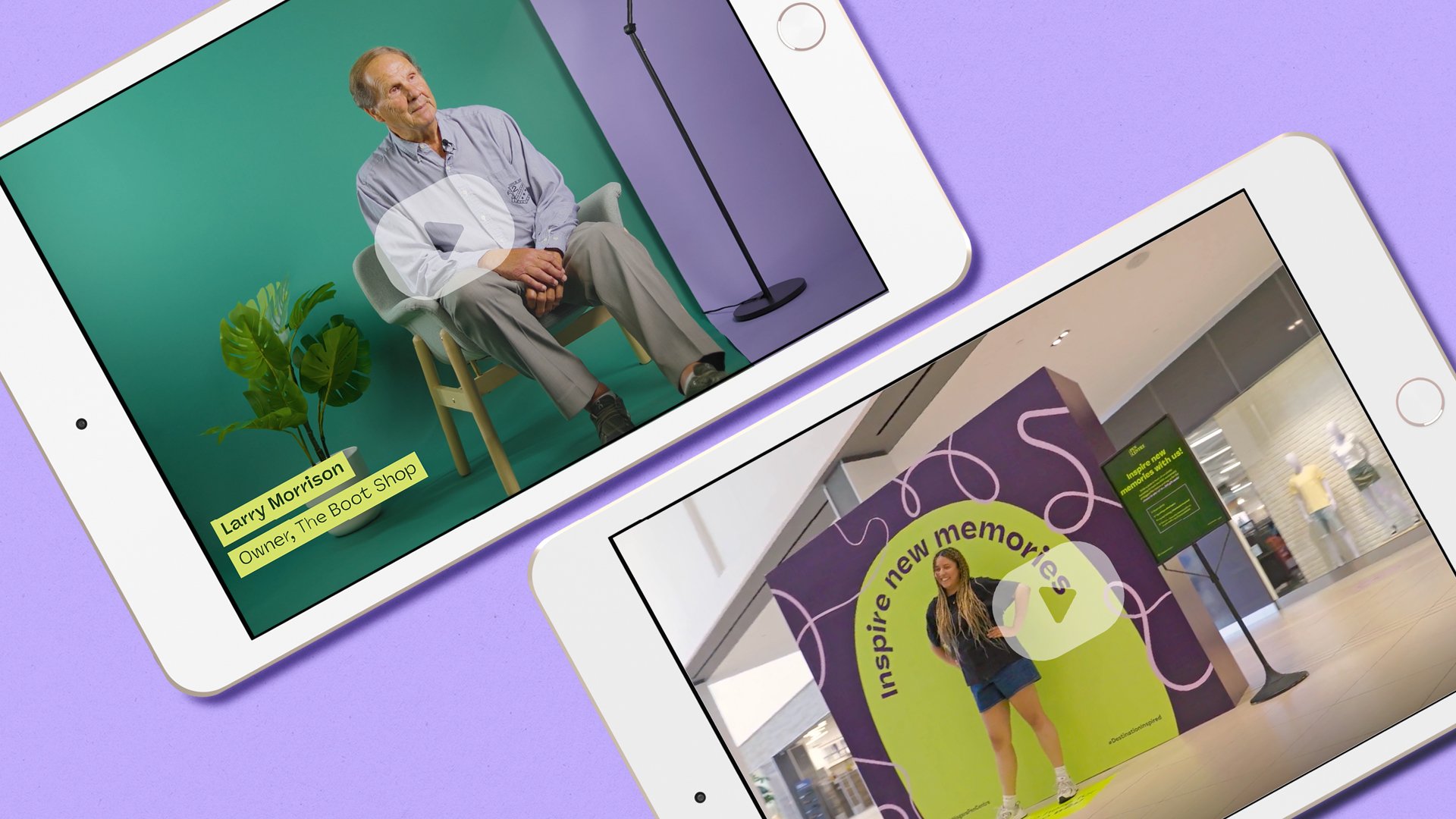Just because you’ve made it to the C-Suite doesn’t mean you’re ready for media interviews. Many executives are well equipped with decent to excellent public speaking skills, but media interviews are often outside even the most seasoned executives’ comfort zones and require a special kind of public speaking. They can also be high stakes opportunities where a good interview builds and polishes your brand and a poor interview makes stakeholders question why you’re in command.
Unfortunately, we’ve all seen the latter scenario where an executive fumbles an interview so badly that it causes a mini crisis for the company. We’ve met many executives who, after seeing such a foible, view media interviews solely as risks. These folks will often refuse any and all media opportunities out of fear that they’ll make a mistake, or that the reporter will make them look bad either through malice or incompetence. We believe the overwhelming majority of interviews are chances to reach large audiences with your main brand messages. They can build tremendous goodwill and often have an outsized impact on sales and hiring. While they can carry a risk, that risk is entirely manageable through good training.

Knowing how to handle media interviews is a complex skill. It’s not something people are born with and it’s certainly not a skill that is automatically bestowed upon you as soon as you have an executive title in front of your name. That said, a media interview can be an opportunity to reach a huge audience and convey key messaging in your own words.
Here’s three things that can alleviate some of the stress that comes with media interviews:
1. Preparation
Know what you’re going to say, who you’re saying it to and the one thing you want everyone to remember. Focusing on a single key message will increase your chances of having that point stick in the minds of those you’re speaking to, but this only works if you’re speaking in a way that the journalist’s audience will understand. Most importantly, preparing talking points will help keep you from rambling. Rambling limits an interviewer’s ability to quote you directly and may lead to them incorrectly paraphrasing you.

Kate Fenske, CEO Downtown Winnipeg BIZ at the Back Downtown Launch with Mark Jones, past chair for Winnipeg Chamber of Commerce.
2. Flexibility
While you might be inclined to want to cling tightly to what you’ve prepared, it’s important to be attentive and responsive to what’s being asked of you. You can use bridging techniques to move further from less useful topic and closer to your key message by acknowledging what’s been asked but pointing out why it’s more important that people focus on what you’re trying to convey. Something like, “Before I answer that, let’s look at the big picture,” can help you put greater emphasis on your side of the story.
3. Practice
Like most skills, the key to mastery is practice. Journalists are practiced in the art of inquiry, so you’ve likely got some catching up to do if you’d like to reach their level of comfort in front of a camera or behind a keyboard. They may ask tough questions, but you can prepare by having someone pepper you with similar queries. Remember, while reporters are experts when it comes to compiling a story, you’re the expert in whatever it is they’re interviewing you about. You’re in control of what you say and how you say it, and like a good dance partner, you can lead where you want the interview to go.

Kiirsten May with Colin Ferguson, Travel Manitoba President and CEO at the Travel Manitoba Rebrand Launch.
Confidential, Customized Media Training in Small Groups
Looking for more tangible training? Our team has taught hundreds of executives and boards of directors over the years. We’ve prepared them for everything from softball profile pieces to coroners’ inquests and we’ve stood shoulder to shoulder with clients during exceedingly difficult crises too, and we’ve learned from each of those battles.
We offer completely confidential training sessions and take the time in advance to prepare realistic interview scenarios that are specific to the work your company does. We can train you one on one or in small groups where a C-Suite team works together to help each other hone their talking points.
Here are a few of the things we focus on during our executive media training sessions:
- Simulated interviews based on customized scenarios. We work with your teams to develop realistic scenarios which help you practice in as close to a real-world situation as possible.
- Developing soundbites that are short, clear and memorable.
- How to handle hostile questions.
- How to avoid being taken out of context (hint: it’s almost always your own fault).
We also spend time examining what reporters and media outlets are looking for. Once you understand how editorial decisions are made and how newsrooms decide what’s news, you are much better equipped to deliver interviews that fit their needs as well as your own desire to get a specific message out.
Give us a call and try our training for your camera-shy CEO. We know from experience that just about everyone who takes our training ends up feeling a lot more confident about handling interviews.
Oh, and the happy byproduct is that your public speaking skills get a level up too.



